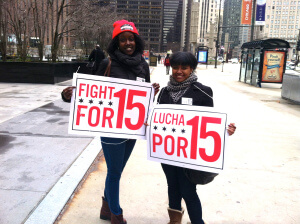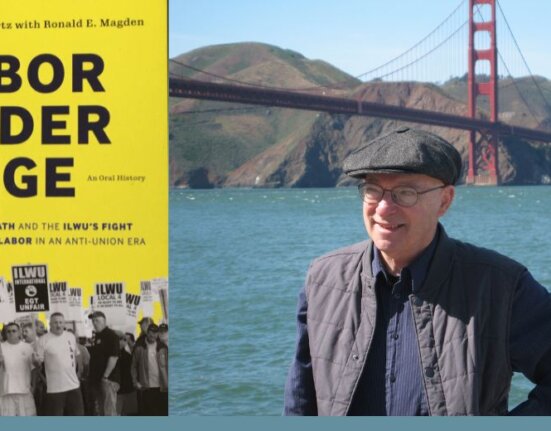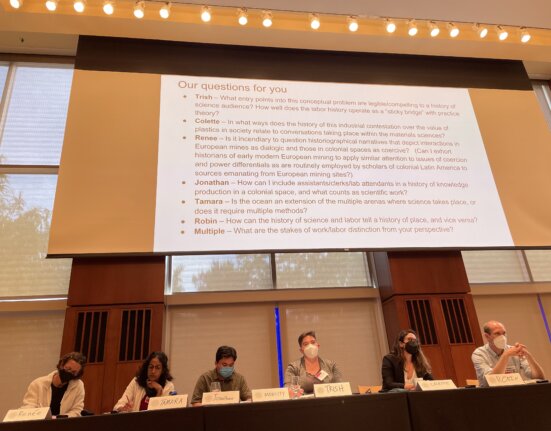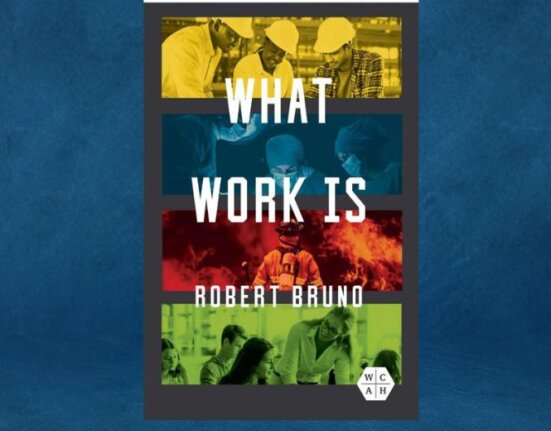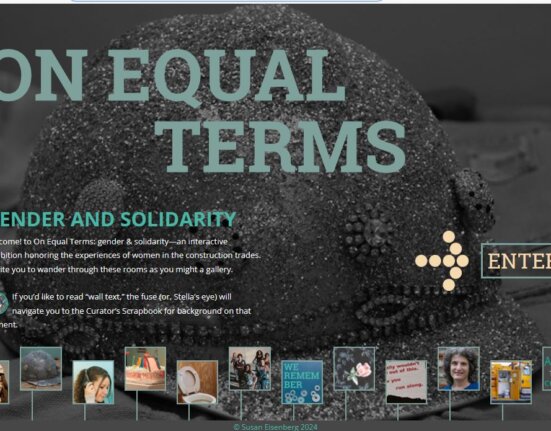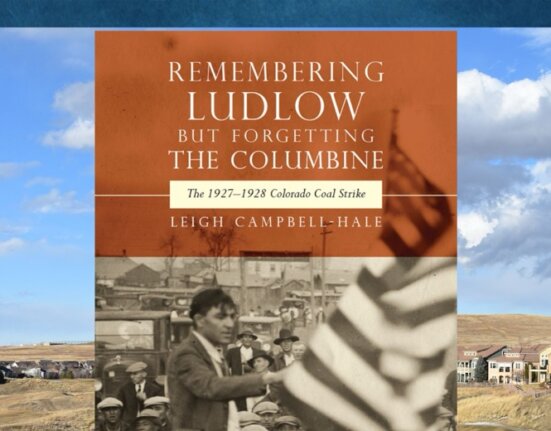Another national observance of Martin Luther King, Jr.’s birthday is upon us. I know that I’m speaking to the choir here when I say that many of the issues for which he fought in his short lifetime remain part of today’s unfinished political agenda. These issues include the ability to exercise the vote, unimpeded and meaningfully; protections from abuse by police, the criminal justice system, and vigilante terror; open and affordable housing; fair and full employment; and a dignified existence for all working people, including collective bargaining rights. Thankfully, there is ample evidence of activists around the nation celebrating King’s legacy in ways that expose ongoing racial and economic inequalities.
This past summer, a few days after a Florida jury found George Zimmerman not guilty in the shooting death of Trayvon Martin, a group of predominantly black and brown activists callings themselves the Dream Defenders began what turned into a month-long peaceful occupation outside the office of Governor Rick Scott. The Dream Defenders finally adjourned without the meeting they had requested with the governor. Neither did they get the special legislative session on the state’s controversial “stand your ground” law that they had been promised. Since the summer, however, activists have continued to lobby state lawmakers and expand public support for a package of bills that collectively constitute “Trayvon’s Law”: the repeal of “stand your ground,” enforcement against racial profiling by police, and the end of “zero-tolerance” school policies that criminalize youth of color and foster a school-to-prison pipeline. With local chapters around the state, the Dream Defenders have also sought to build participatory democracy among supporters and adherents by holding general assemblies to hear testimony on the “stand your ground” law, as well as to discuss and pass resolutions. Paralleling the work of Florida New Majority and other activist organizations in the state, the Dream Defenders likewise have launched a drive to register a target of about 62,000 new youth and minority voters.

Meanwhile, a multiracial group of organizers in Raleigh, North Carolina have been gathering at the state legislature building for regular “Moral Monday” protests against that state’s notoriously restrictive new voter identification law. Under the leadership of the Reverend William Barber and others, this mobilization against black voter suppression has become a simultaneous fight against other regressive state policies, including limits on women’s reproductive rights, cuts to unemployment benefits and education, and racial discrimination in the implementation of the death penalty. With its social gospel emphasis and use of civil disobedience and arrests, the “Moral Monday” campaign has invited comparisons, in the most inspiring way, to the local civil rights insurgencies of the 1960s. Most importantly, the protests against North Carolina’s draconian voter ID law have helped to draw the legal intervention of the Department of Justice, which filed a lawsuit during the fall. According to a story by Sue Sturgis in Facing South, a similar “Moral Monday” spirit has spread to Georgia and South Carolina, where protesters are launching their own “Truthful Tuesday” demonstrations.
As most labor and working-class historians are aware, King was assassinated in Memphis, Tennessee while lending his support to black sanitation workers striking for better labor conditions, pay, and union recognition. These very same demands have been at the heart of recent battles waged by low-wage retail and fast-food workers. Wal-Mart employees – many of them reliant on public assistance to make ends meet – have led protests for living wages, full-time hours, and workplace rights. On “Black Friday,” which is a major post-Thanksgiving shopping day, over 110 of them were arrested for civil disobedience at about 1,500 locations around the nation. In early December, their fellow workers in the fast food industry staged a one-day walkout in 100 U.S. cities to publicize demands for an hourly minimum wage of 15 dollars. This growing “Fight for 15” is part of a wave of mobilizations that have been occurring since at least 2012.

Certainly, observing King’s birthday should be an occasion for reflection, even celebration. But as these activities remind us, it should also serve as a moment to collectively renew our commitment to addressing issues that have carried over from King’s time, as well as new issues like mass incarceration that have emerged since that period. How we work to pursue the goals of racial and economic democracy – in the ways that are most available to us, wherever we find ourselves – is how we best honor King and the mass movement he represented.


